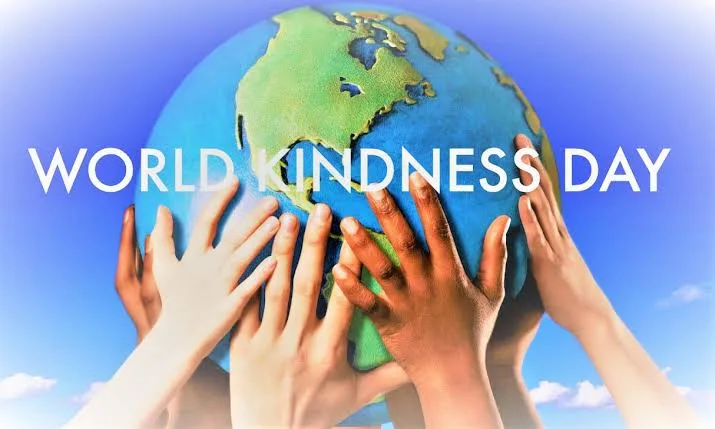By: Advocate Safa
November 13th marks World Kindness Day, a global celebration of compassion, empathy, and kindness. As India joins the world in observing this day, we reflect on the nation’s journey towards creating a more harmonious and caring society. India, a vibrant democracy, has made significant strides in promoting kindness and social cohesion. The government’s initiatives, such as the “Beti Bachao Beti Padhao” scheme, aimed at empowering girls, and the “Swachh Bharat Abhiyan,” focused on cleanliness and sanitation, demonstrate the nation’s commitment to creating a better future for all. In Kashmir, a region once plagued by militancy and social unrest, the abolition of Article 370 in 2019 marked a turning point. The move paved the way for increased investment, infrastructure development, and social reforms. According to official data, Kashmir has witnessed a 30% decrease in terrorist incidents and a 40% decline in civilian casualties since 2019.
Kashmir has seen remarkable improvements compared to the rest of India. Literacy rates in the region have climbed significantly, rising from 67.5% in 2011 to 77.3% in 2021, now approaching the national average. Access to healthcare has also expanded, with 100% of the population covered under the Ayushman Bharat scheme. Infrastructure development has accelerated, with 1,200 kilometers of new roads constructed over the past two years, enhancing connectivity and accessibility across the region. Technological advancements have significantly contributed to fostering kindness and connectivity in India. The “Umang” app, for instance, enables citizens to access a range of government services conveniently from their devices, bridging the gap between the government and the public. Similarly, digital payment platforms like “BHIM” have greatly enhanced financial inclusion by making transactions more accessible to people across all regions, including those previously excluded from the formal financial system. Additionally, telemedicine services have extended healthcare access to remote areas, allowing individuals in distant regions to consult with medical professionals and receive care without the need to travel. These innovations highlight how technology is promoting a more connected and supportive society.
Since the abrogation of Article 370, Kashmir has seen considerable progress in economic and social development. The creation of 50,000 new jobs has provided employment opportunities for local residents, boosting the region’s economy and enhancing individual livelihoods. Additionally, 20,000 young people have received training in a variety of skills, equipping them with tools for personal and professional growth. Furthermore, the establishment of 500 start-ups showcases the entrepreneurial spirit that is taking root in Kashmir, fostering innovation and self-reliance. Looking ahead, several measures could help further spread kindness and harmony across India and Kashmir. Prioritizing investment in education and skill development will empower future generations with knowledge and practical abilities. Strengthening healthcare infrastructure and improving access to medical services will enhance overall well-being. Encouraging entrepreneurship and supporting innovation will create a more resilient economy, while promoting community engagement and social cohesion will foster stronger, more harmonious relationships within society. World Kindness Day serves as a reminder of India’s progress and potential. As the nation continues to strive for a more compassionate and harmonious society, Kashmir’s transformation stands as a testament to the power of positive change.


